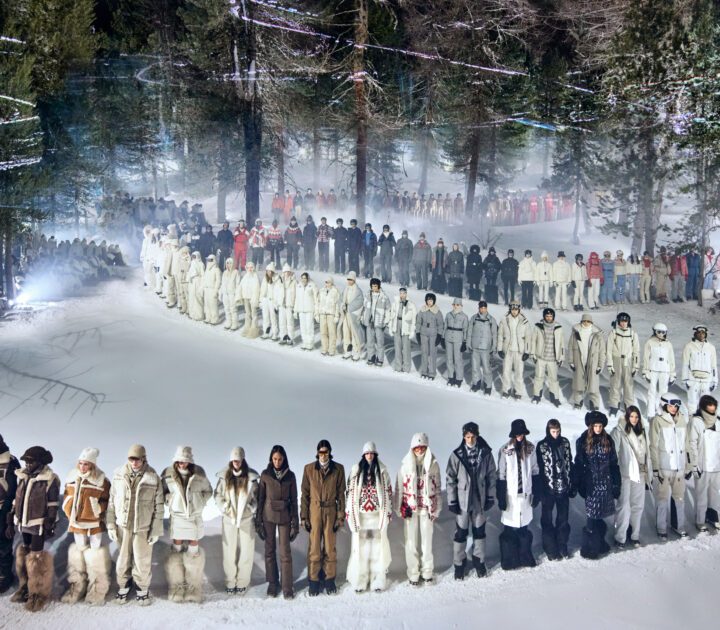Unilever International 3.0: Scaling the white spaces venturing effort
By 2020, Umesh Shah could rightly be proud of what he and his team had accomplished over the last eight years to capture white space consumers, i.e. those consumers that Unilever operating units had progressively labelled non-core or new groups created by emerging megatrends, such as globalization and digitalization. Unilever International (UI) was created with the mandate to create the capabilities to reach out to these consumers and (re)capture them for the Group. It quickly proved its case when it doubled the turnover it had inherited in less than four years. In a second phase, it doubled it again, reaching a turnover of €1 billion in 2019, ahead of plans. UI’s strong performance was acknowledged within Unilever when it won the prestigious Unilever Global Compass Award in 2019. UI was now preparing to embark on the next phase of its journey, labelled UI 3.0, with the goal of again doubling its turnover to €2 billion. Three areas were singled out for attention: (1) making a strong business case for the market potential; (2) building the capabilities to scale by investing further in digital marketing and the partner network; and (3) maintaining and even enhancing the unit’s entrepreneurial culture, ensuring motivation and proper compensation for its intrapreneurs. Getting to €1 billion in sales had not been easy but doubling it again would increase UI’s complexity by an order of magnitude. How could UI keep pace and remain entrepreneurial while at the same time maintaining its strong governance and control systems? Maintaining double digit annual growth would require focusing on ever-larger opportunities and their inherent complexities, and placing larger bets, some of which would definitely fail. Was UI ready to cope with larger failures? And what about the Unilever mothership? It relished the unit’s success, but would it still be there in difficult times? Umesh knew that UI’s past achievements only earned it additional runway; he and his colleagues could not be complacent about the journey ahead. New opportunities meant new and larger problems, so new solutions had to be engineered to keep delivering above expectations. Navigating these new and possibly rougher seas would require better speedboats…
- Scaling up a white spaces corporate venturing efforts
- Organizational structures supporting venturing
- Managing internal entrepreneurs
- Incentives
- Managing corporate politics
- Developing venturing processes
- Recruiting and retaining intrapreneurial talent
Unilever, Consumer Goods
2012-2020
Cranfield University
Wharley End Beds MK43 0JR, UK
Tel +44 (0)1234 750903
Email [email protected]
Harvard Business School Publishing
60 Harvard Way, Boston MA 02163, USA
Tel (800) 545-7685 Tel (617)-783-7600
Fax (617) 783-7666
Email [email protected]
NUCB Business School
1-3-1 Nishiki Naka
Nagoya Aichi, Japan 460-0003
Tel +81 52 20 38 111
Email [email protected]
IMD retains all proprietary interests in its case studies and notes. Without prior written permission, IMD cases and notes may not be reproduced, used, translated, included in books or other publications, distributed in any form or by any means, stored in a database or in other retrieval systems. For additional copyright information related to case studies, please contact Case Services.
Research Information & Knowledge Hub for additional information on IMD publications
By 2026, it's predicted that over 80% of organizations will have employed generative artificial intelligence (GenAI) in some capacity, up from less...
Choosing a CEO is a crucial decision for any company, but it becomes particularly complex in family businesses. This difficulty stems from the need...
Family businesses often have not only financial wealth but also nonfinancial values that make them different from nonfamily companies. For instance...
Leadership presence (LP) is widely acknowledged as a foundation of effective leadership. Historically, LP has been conceptualized as a collection o...
With organizations of all sorts facing increased urgency and unpredictability, being able to ask smart questions has become key. But unlike lawyers...
How can innovative solutions to address societal grand challenges be cultivated in a pragmatic and impactful way? In this article, we propose the “...
History, values and traditions provide family businesses with a competitive advantage, motivating and guiding their entrepreneurial activity. They ...
No company can grasp the potential of AI until it has set up a data-driven culture enabling employees to create value from the insights that emerge...
Research Information & Knowledge Hub for additional information on IMD publications
Research Information & Knowledge Hub for additional information on IMD publications
Research Information & Knowledge Hub for additional information on IMD publications
Research Information & Knowledge Hub for additional information on IMD publications
Research Information & Knowledge Hub for additional information on IMD publications
in Harvard Business Review May-June 2024, vol. 102, issue 3
Research Information & Knowledge Hub for additional information on IMD publications
in Journal of Management 5 April 2024, ePub before print, https://doi.org/10.1177/01492063241240713
Research Information & Knowledge Hub for additional information on IMD publications
Research Information & Knowledge Hub for additional information on IMD publications
Research Information & Knowledge Hub for additional information on IMD publications
Research Information & Knowledge Hub for additional information on IMD publications

